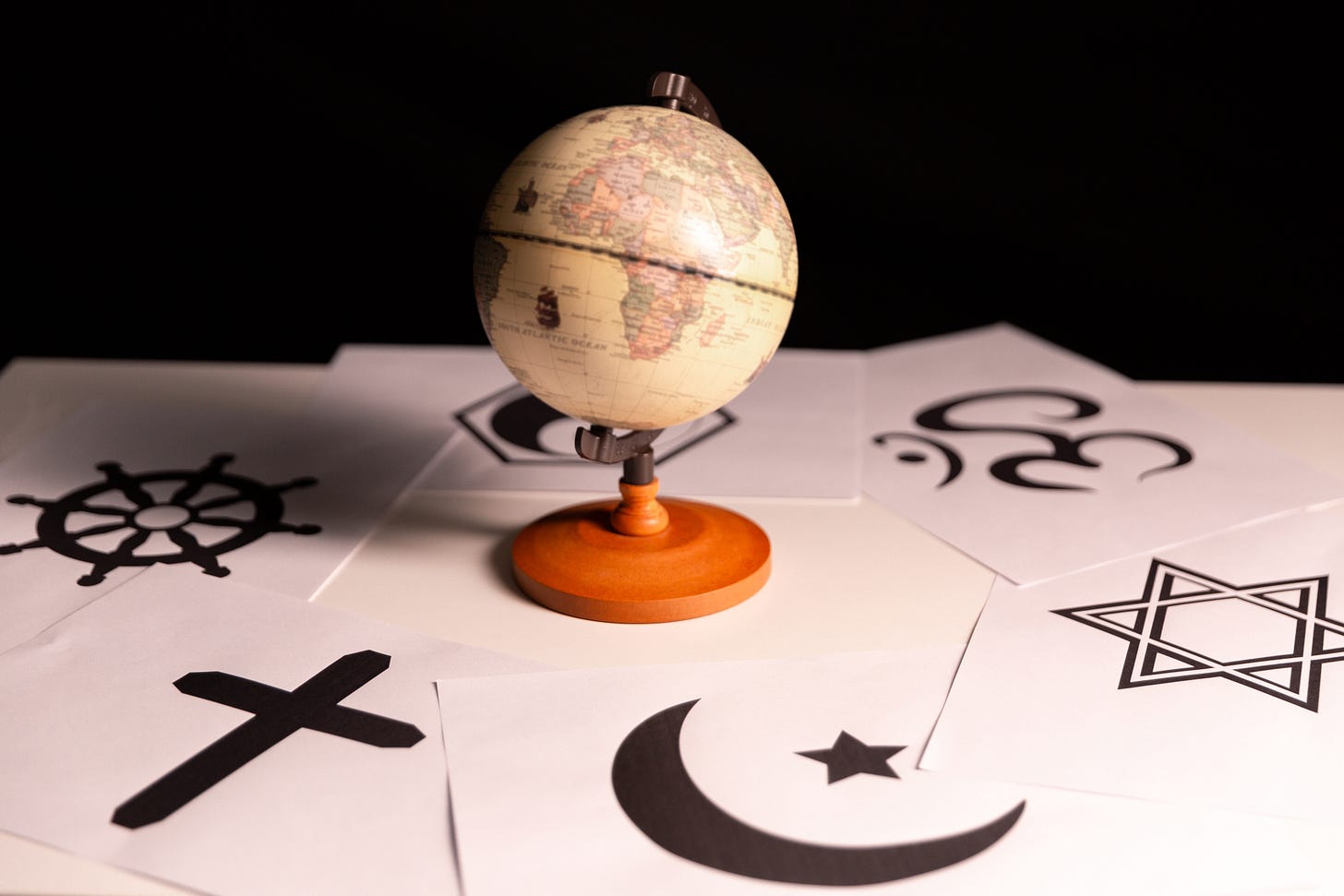More than 150 faith leaders and advocates from 22 states gathered in Dallas this week for the first-ever Religious Freedom in Public Schools Summit, mounting a coordinated response to what organizers describe as an unprecedented "Christian nationalist" movement targeting American public education.
The summit, hosted by the Washington D.C.-based Interfaith Alliance, strategically chose Texas as its inaugural location due to the state's aggressive implementation of religious policies, including mandatory Ten Commandments displays, chaplains serving as school counselors, and Bible-infused curriculum—initiatives that critics argue violate church-state separation principles.
Coalition Warns of 'Coordinated Extremist Push'
Interfaith Alliance Vice President Guthrie Grave-Fitzsimmons, a graduate of a Baptist seminary, emphasized the urgency of the coalition's mission during the two-day summit held on September 16-17. "For decades, we've had a consensus in our public schools that they should be open to people of all faiths and none, that the government should not indoctrinate students with one religion in our schools," Grave-Fitzsimmons told KERA News.
"And yet that consensus is breaking down because of a concentrated, coordinated push by far-right extremists to push one version of fundamentalist Christianity through our public schools," he warned.
The summit brought together an unprecedented coalition of 17 co-hosting organizations, including Texas Impact, the Sikh Coalition, American Atheists, Americans United for Separation of Church and State, the Baptist Joint Committee for Religious Liberty, and the Texas Freedom Network. Keynote addresses were delivered by American Federation of Teachers President Randi Weingarten and Rabbi Sharon Kleinbaum, reflecting the broad interfaith and secular alliance opposing the religious initiatives.
Texas Becomes Testing Ground for Religious Policies
Texas has emerged as the epicenter of efforts to integrate Christianity into public education through multiple legislative measures. The State Board of Education approved the controversial Bluebonnet Learning curriculum in November 2024, which contains extensive biblical references throughout elementary lessons, despite critics arguing that it privileges Christianity over other faiths.
Senate Bill 10, which requires the display of the Ten Commandments in every public school classroom, faces ongoing legal challenges after a federal judge temporarily blocked its implementation in 11 school districts. Attorney General Ken Paxton appealed the preliminary injunction while encouraging non-enjoined districts to proceed with the displays beginning September 1.
Most recently, Senate Bill 11 allows school boards to adopt policies dedicating time for prayer and Bible reading during school hours, with Attorney General Ken Paxton actively promoting implementation across the state. "In Texas classrooms, we want the Word of God opened, the Ten Commandments displayed, and prayers lifted," Paxton declared in his September statement.
Religious Leaders Voice Constitutional Concerns
Fort Worth pastor Charles Johnson, who leads Pastors for Children across nine states, expressed alarm at what he characterizes as government overreach threatening both religious freedom and educational integrity. "Whether it's the Ten Commandments in the classroom or chaplains in schools or the Blue Bonnet curriculum or private school vouchers, it's Christian nationalism on steroids is what it is," Johnson told KERA News.
Johnson articulated two primary concerns about government involvement in religious education: contamination of voluntary faith and erosion of church-state separation. "We have a statute in this country that founded this nation, that this government shall make no establishment of religion nor prohibit the free exercise thereof," he emphasized.
"We don't need people in the political class advancing their own narrow brand of their private religion on the public," Johnson stated.
Maggie Siddiqi, a senior fellow with Interfaith Alliance, warned that the growing Christian influence in public schools creates exclusion for religious minorities. "I think it's indicative of some of the larger challenges we're seeing to our democracy," Siddiqi explained, noting that Muslims like herself feel targeted by these initiatives.
Youth Leadership Takes Center Stage
The Texas Freedom Network facilitated a breakout session titled "Next Generation Defenders: Mobilizing Youth for Religious Freedom in Public Schools," connecting young activists across state lines to develop organizing strategies and shared messaging. The session, joined by Students Engaged in Advancing Texas and the ACLU of Texas, positioned students as leaders in resisting religious coercion in educational settings.
"Texans know that true religious freedom means families — not politicians — decide what faith, if any, our kids are taught," declared Felicia Martin, Executive Director of the Texas Freedom Network. "Forcing one religious perspective into classrooms undermines the freedom of all students to feel safe and respected."
The emphasis on youth leadership reflects recognition that students themselves bear the direct impact of these policies and possess unique authority to challenge government-imposed religious instruction.
National Movement Gains Momentum
The Dallas summit represents part of a broader national resistance to what scholars identify as an emboldened Christian nationalist movement. Kristin Kobes Du Mez, author of "Jesus and John Wayne," warns that recent political developments have created conditions to "institutionalize White Christian nationalism" through educational transformation.
Project 2025, the conservative policy framework, explicitly calls for dismantling the Department of Education and implementing anti-critical race theory initiatives nationally. The 900-page document outlines strategies for "restructuring the federal government to accomplish the policy goals of Christian Nationalists," including diverting public funds to private religious schools.
Recent polling by the Pew Research Center reveals shifting attitudes toward religious nationalism globally, with Americans increasingly divided on religion's appropriate role in government and public institutions. The educational battleground has become particularly contentious as Christian identification among Americans declined from 90% in the 1990s to 67% currently, while Congress remains 88% Christian.
Building Sustained Resistance
Summit participants are committed to expanding grassroots organizing, sharing legal resources, and elevating youth voices in defending religious freedom for all students. The coalition plans to monitor the implementation of existing policies while preparing legal challenges to future religious initiatives in education.
As Texas continues implementing its religious education agenda and other states consider similar measures, the interfaith alliance established in Dallas positions itself as a national coordinating body for resistance efforts. The ultimate success of either movement may depend on federal court interpretations of First Amendment protections and the willingness of diverse communities to mobilize in defense of educational pluralism.



